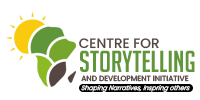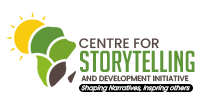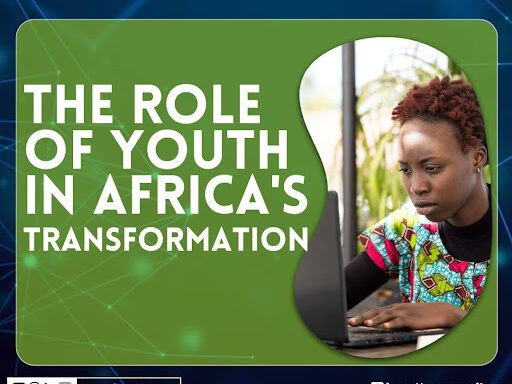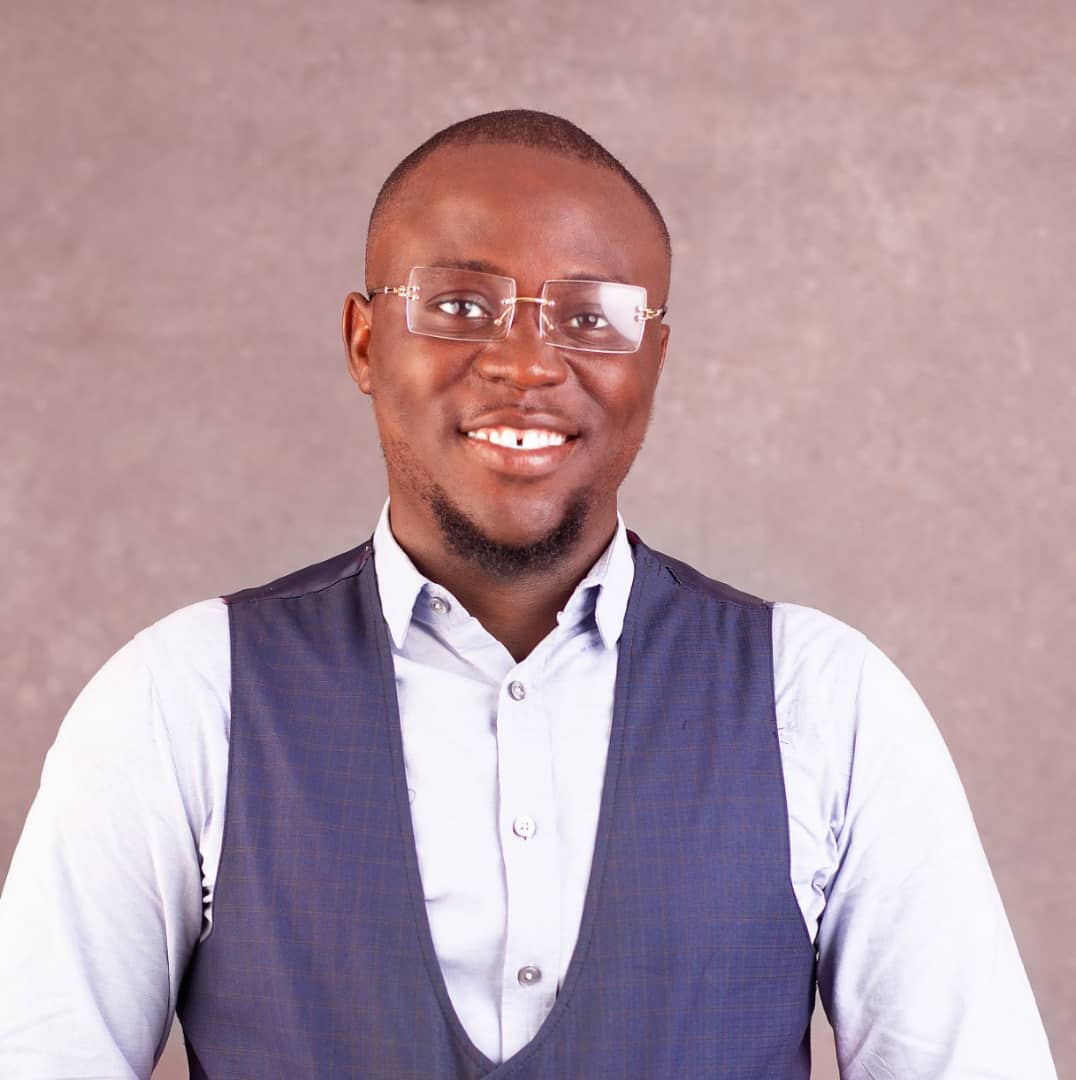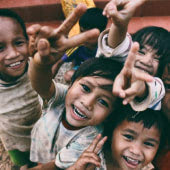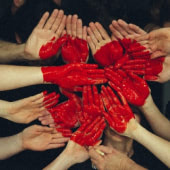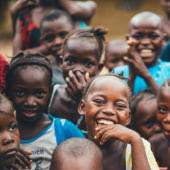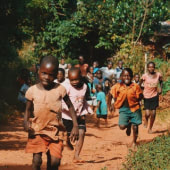By Barakat Sanni
The Population Reference Bureau reported that youth in Africa are expected to make up 42 percent of the world’s youths and will account for 75 percent of those under 35 in Africa. Currently, around 60% of Africa’s population is younger than 25 years, while more than a third is between 15 and 34 years.
Compared to other continents, Africa has the fastest-growing demographic, ahead of others. Africa has the potential to transform into a global economic powerhouse because of its young and growing population, compared to the declining population of other continents, such as Asia.
In line with the Youth Decade Plan of Action of the African Union, which emphasises five key areas: Agriculture, Climate Change, and Development; Youth Employment and Entrepreneurship; Governance; Peace and Security; Youth Health and Reproductive Rights; and Education and Youth Development, Supportive policies like this one will enable the use of the population to increase opportunities for youths.
Resisting oppression and fighting for youth empowerment
African youth have demonstrated their power when united, proving that their collective voice can challenge oppression and bring about change. This was displayed in most of the youth-led protests across Africa, from Nigeria’s #EndBadGovernance and #EndSARS protests, to Tanzanians’ protest of #NoreformNoelection, to Kenyans’ #RejectFinanceBill2024, and Ghanaian #OccupyjulorbiHouse.
Organisations like Lawyers for Human Rights, which was founded in 1979 by a group of activist Lawyers, use the law as a positive instrument for change and to deepen the democratisation of South African society. It provides free legal services to vulnerable, marginalised, and indigent individuals and communities, non-national and South African victims of unlawful infringements of their constitutional rights and the lawyers creating and providing these free legal services are youths also Teach with Africa and Teach for Nigeria are empowering youths by creating a collective force of leaders working towards ensuring that quality education is accessible to all in Africa.
Through this programme, several African youths have impacted lives while fighting against unemployment, the biggest problem among youths in Africa. Olamide Adesina, A fellow of Teach for Nigeria who was posted to a rural school where there is no electricity, partnered with another Non-governmental organisation to introduce solar energy and also revived the abandoned school library. Other youths who have been empowered through the Teach for Nigeria two-year fellowship and the Teach with Africa program have created a change in their community.
Active participation in politics and policymaking
Africa has a great number of youths, but the percentage of youths involved in politics and decision-making is very low. The exclusion of youths from decision-making roles can have disastrous societal consequences, including upheavals, crime, disruptive national protests, widespread youth unemployment, and terrorism. Campaigning against disinterest in politics, voting, and youth participation is important for Africa’s reformation.
“African youths’ greatest problem is apathy; if we can overcome that, Africa will experience the greatest form of reformation,” Adenekan A. Korede, a 25-year-old entrepreneur, told the Center for Storytelling and Developmental Initiative.
However, organisations like the Center for Youth Participation and Advocacy (CYPA Africa), a non-governmental organisation that uses young people as catalysts to advocate for youths’ active participation in Africa, and Youth Alive! Kenya and the Women and Youth in Democratic Engagement and Civic Engagement project(WYDE project), organised by ALDA and Kofi Annan Foundation, aims to strengthen youths’ involvement in democratic processes at all levels while fostering leadership and civic engagement among young changemakers.
Promoting peace and security
Young people have a critical role in promoting security and peace. When working as peace partners, they contribute to changing the general belief that adolescents should be distrusted, instead portraying them as “positive and constructive social agents” who are vital to creating lasting change.
Their approach to freedom of expression, information, and opinion needs to be refined to achieve the transformation we all require. Young people are key to identifying new ideas towards ensuring peaceful coexistence among the people residing in a Nation or a continent.
Community development
The United Nations identifies that youth are a major social agent in driving the Decade of Action of Sustainable Development Goals. Some African youths are not excluded; they have actively participated in climate action, promoting quality education, gender equality, and other Sustainable Development Goals (SDGs). While young people in Africa between the ages of 18 and 35 may not be familiar with the SDGs.
African youths have played an important role in mobilising resources, implementing projects, and actively participating in decision-making processes, African Women Development Fund (AWDF) for an instance serves as a beacon of empowerment for African women and it is targeted at community based grassroot movement in sectors like economic development, health and leadership since its inception AWDF has funded over 1500 woman right foundation in 42 African Countries. The majority of the grantees are youth-led organisations working towards ensuring that young people stand on the right feet.
In addition, Doctors Without Borders (Médecins Sans Frontières – MSF), founded by young people, also has a long history of providing medical assistance to people in communities affected by conflicts, epidemics, disasters, or exclusion from healthcare.
Finally, the reformation does not occur overnight; it is a gradual process. This signifies that if the youth continue to prioritise community development while actively engaging in politics and policy-making, without permitting oppression to undermine the peace and security of their nation and the African continent as a whole, a day will come when the Africa we envision will become a reality.
